Over the last couple years, the media have peddled a narrative of “book bans” sweeping the nation. Book bans (ostensibly by the right) are “eating away at democracy,” according to The Guardian, and are “taking an emotional toll,” warned CNN. The outrage has reached such a fever pitch that free-speech advocacy group PEN America co-filed a lawsuit (along with parents, authors, and publisher Penguin Random House) against Florida’s Escambia County School District and School Board, accusing them of removing books “discussing race, racism, and LGBTQ identities.” Oral arguments in the court case began on January 10.
But the truth is a lot more complicated.
Last spring, I wrote about the hijacking of high school debate for The Free Press. I detailed how judges disqualify students for advancing conservative arguments that the judges personally disagree with—effectively taking the debate out of high school debate.
Since that article, I’ve spent time meeting with students, parents, teachers, and school board members. Several students complained that their school libraries had become one-sided, offering only books in line with progressive orthodoxy.
So I decided to investigate just how one-sided things actually are. I surveyed the library catalogs of 35 of the largest public school districts in eight red states and six blue states, representing over 4,600 individual schools. All of these records are publicly available online. (Here are just three online catalogs I searched: Broward County, FL, Austin, TX, and Oklahoma City, OK.) What I discovered isn’t so much a problem of banned books. It’s that kids are often exposed to only one side of the story.
For example, How to Be an Antiracist by Ibram X. Kendi, which argues that the “only remedy to past discrimination is present discrimination,” is stocked in 42 percent of the U.S. school districts I surveyed.
Meanwhile, only a single school district—Northside Independent School District (ISD) in San Antonio, Texas—offers students Woke Racism by John McWhorter, a book that challenges the borderline religious “anti-racist” ideas advanced by Kendi.
Felix Ever After, a book by Kacen Callender that claims that girls who hate “being forced into dresses and being given dolls” are transgender, is available in 77 percent of the districts I surveyed. But not a single school out of the nearly 5,000 I searched offers books critical of trans theory. Students won’t find books like Trans by Helen Joyce or Irreversible Damage: The Transgender Craze Seducing Our Daughters by Abigail Shrier, both recent bestsellers that present skeptical takes on the rapid rise of transgender identification among adolescents.
Memoirs by nonprogressive leaders are also notably scarce. While Dreams from My Father, the memoir by former Democratic president Barack Obama, is found in 75 percent of sampled districts, and Becoming by his wife Michelle is found in 65 percent, memoirs by Republican politicians Nikki Haley, Vivek Ramaswamy, Mike Pompeo, Tim Scott, and Ron DeSantis are essentially nowhere to be found.
Here is the percentage, out of the 35 school districts, that stock each book:
Nation of Victims, by Vivek Ramaswamy: 0%
If You Want Something Done, by Nikki Haley: 0%
Never Give an Inch, by Mike Pompeo: 0%
America, a Redemption Story, by Tim Scott: 0%
The Courage to Be Free, by Ron DeSantis: 0%
So Help Me God, by Mike Pence: 6% (Northside ISD in San Antonio, Texas, and Norfolk Public Schools in Norfolk, Virginia, are the two districts that stock this book).
The American Library Association and groups like PEN America have raised alarm bells (and millions in donations) by warning of “the continued rise in attempts to censor books and materials in public school and academic libraries.” PEN America estimated that 2,532 books were removed from schools in 32 states during the 2021–2022 school year.
But an investigation by the Heritage Foundation found that 74 percent of those so-called banned books are actually widely available to students. My own research uncovered the same. In some cases, such as when Amanda Gorman’s The Hill We Climb poetry book was supposedly “banned” by the Miami–Dade County school district, it was actually just moved from the elementary to the middle school section of the library. And Gender Queer, a graphic memoir for teens about gender identity that The New York Times called “the most banned book in the country,” was available in about 25 percent of the school library districts I surveyed.
Yet, there are still books that are being pulled from some school library shelves, largely over objections to their ideological arguments. In Martin County, FL, the book Stamped: Racism, Antiracism and You by Jason Reynolds and Ibram X. Kendi was removed from the shelf. Parents from far and wide have objected to Stamped because, as North Carolina mom Katie Gates told her school board in January 2022, the book “contains Marxist ideology” and “inaccurate reframing of history.”
She’s not wrong. Stamped argues, among other things, that the phrase “law and order” is a racial slur and that “the only thing extraordinary about White people is that they think something is extraordinary about White people.” I’ve read it twice. It’s a deeply flawed book, but why is removing it seemingly the only option? Leave it on the shelves so long as it’s accompanied by books that offer a contrasting viewpoint. I believe students should be able to access it in their school library so long as they can access books from the likes of Thomas Sowell and John McWhorter, offering them a range of viewpoints.
Let’s just take a look at what books are available on an issue like the Israeli–Palestinian conflict.
Seventeen percent of surveyed districts carry Freedom Is a Constant Struggle: Ferguson, Palestine, and the Foundations of a Movement, in which author Angela Davis argues that the “. . . repression associated with Israeli settler colonialism was so evident and so blatant” and that “the Israeli military made no attempt to conceal. . . the violence they inflicted on the Palestinian people.” The school libraries of Broward County, FL, alone have 16 copies of Davis’s book, and precisely zero copies of Bibi: My Story, Benjamin Netanyahu’s autobiography, which refutes Davis’s allegations. (Of the 35 school districts sampled, only one carries Bibi—Northside ISD, once again.)
Recently, we have seen reports on the rise of antisemitism in American schools. According to a Harvard Harris Poll from last month, 67 percent of 18- to 24-year-olds believe that “Jews are oppressors” and “should be treated as such.” Is this at all surprising if students aren’t being exposed to viewpoints that counter this argument?
Should libraries carry books that peddle progressive ideas? Absolutely, but only if they carry books that advocate for conservative ones too, so our young minds can benefit from the full spectrum of opinions. Unfortunately, in the school districts I surveyed, this isn’t the case.
I looked up books written by some of the world’s most well-known progressive thinkers. Here is the percentage, out of the 35 school districts, that stock each book:
Title and Percentage of 35 Districts
The Communist Manifesto (Karl Marx) — 75%
Caste: The Origins of Our Discontent (Isabel Wilkerson) — 60%
The 1619 Project (Nikole Hannah-Jones) — 54%
Stamped (Jason Reynolds and Ibram X. Kendi) — 71%
An African American and Latinx History of the U.S. (Paul Ortiz) — 40%
The New Jim Crow (Michelle Alexander) — 60%
Guide to Political Revolution (Bernie Sanders) — 40%
White Fragility (Robin DiAngelo) — 54%
So You Want to Talk About Race (Ijeoma Oluo) — 57%
This Book Is Anti-Racist (Tiffany Jewell) — 45%
White Rage (Carol Anderson) — 17%
Meanwhile, I looked up books written by some of the world’s most well-known conservative thinkers. Here is the percentage, out of the 35 school districts, that stock each book:
Capitalism and Freedom (Milton Friedman) — 8%
Created Equal (Dr. Ben Carson) — 5%
Woke Racism (John McWhorter) — 3%
Breaking History (Jared Kushner) — 2%
Social Justice Fallacies (Thomas Sowell) — 0%
The War on the West (Douglas Murray) — 0%
The 1619 Project: A Critique (Phillip W. Magness) — 0%
The Case Against Impeaching Trump (Alan Dershowitz) — 0%
Decades of Decadence (Marco Rubio) — 0%
The Diversity Delusion (Heather Mac Donald) — 0%
The Case for Trump (Victor Davis Hanson) — 0%
It’s no secret that many school libraries have become reflections of politicized librarians. Take Emily Drabinski, president of the American Library Association and a self-proclaimed Marxist, who said during a socialism conference last September in Chicago that public education “needs to be a site of socialist organizing. I think libraries really do, too. We need to be on the agenda of socialist organizing.”
Or Jillian Woychowski, the librarian at West Haven High in West Haven, Connecticut. At a 2019 committee meeting of the American Library Association, she proudly declared that “We’re using less of what I call the dead, white guy books. We’re including books by authors of color and women.”
Jillian’s gatekeeping is part of a larger movement among librarians known as “critical librarianship,” which the American Library Association defines as “challenging regressive conceptions of gender identity in cataloging” and “documenting microaggressions in librarianship.”
Meanwhile, America’s one-sided school libraries are failing students. No wonder only 16 percent of Gen Z says they are proud to live in America, according to a January 2023 Morning Consult poll. They don’t have access to books that present our country in an honest light. And is it any surprise that 76 percent of Gen Z and millennial women wouldn’t date a Republican, according to a Change Research poll from September? They’ve likely never been exposed to conservative ideas, and thus, entirely dismiss conservatives as people.
As a teenager with strong conservative viewpoints (owing to Grandpa Cliff), my school library was the one place I could access ideas different from my own. Were it not for my school library, I would never have discovered or been challenged by the writings of Cornel West, Glenn Greenwald, and Noam Chomsky. My school library did the same for my progressive friends. They were equally challenged by the writings of Ben Carson, Thomas Sowell, and Milton Friedman.
As Dr. Martin Luther King Jr. once said, people fear each other because they don’t know each other, and “they don’t know each other because they don’t communicate with each other.” Books are perhaps the greatest pathway to communication for a divided nation. They offer a deep and uninterrupted way to engage with ideas and perspectives vastly different from our own. At a time of profound national division, the skill of appreciating and understanding the other side, even if you vehemently disagree, is more important than ever.
Read James Fishback’s Free Press story “At High School Debates, Debate Is No Longer Allowed,” and follow him on Twitter (now X) @j_fishback.
And to support our mission of independent journalism, become a Free Press subscriber today:


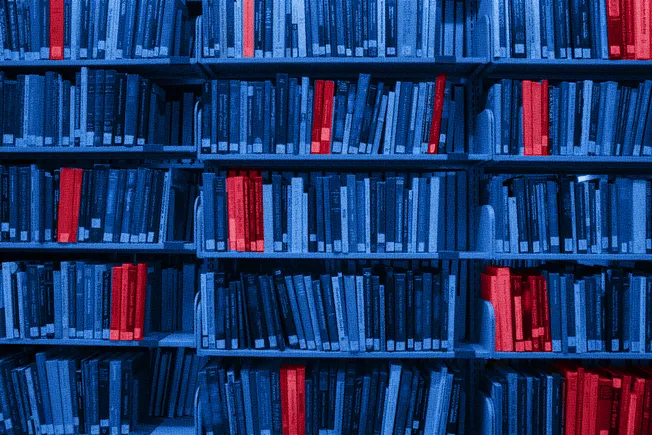

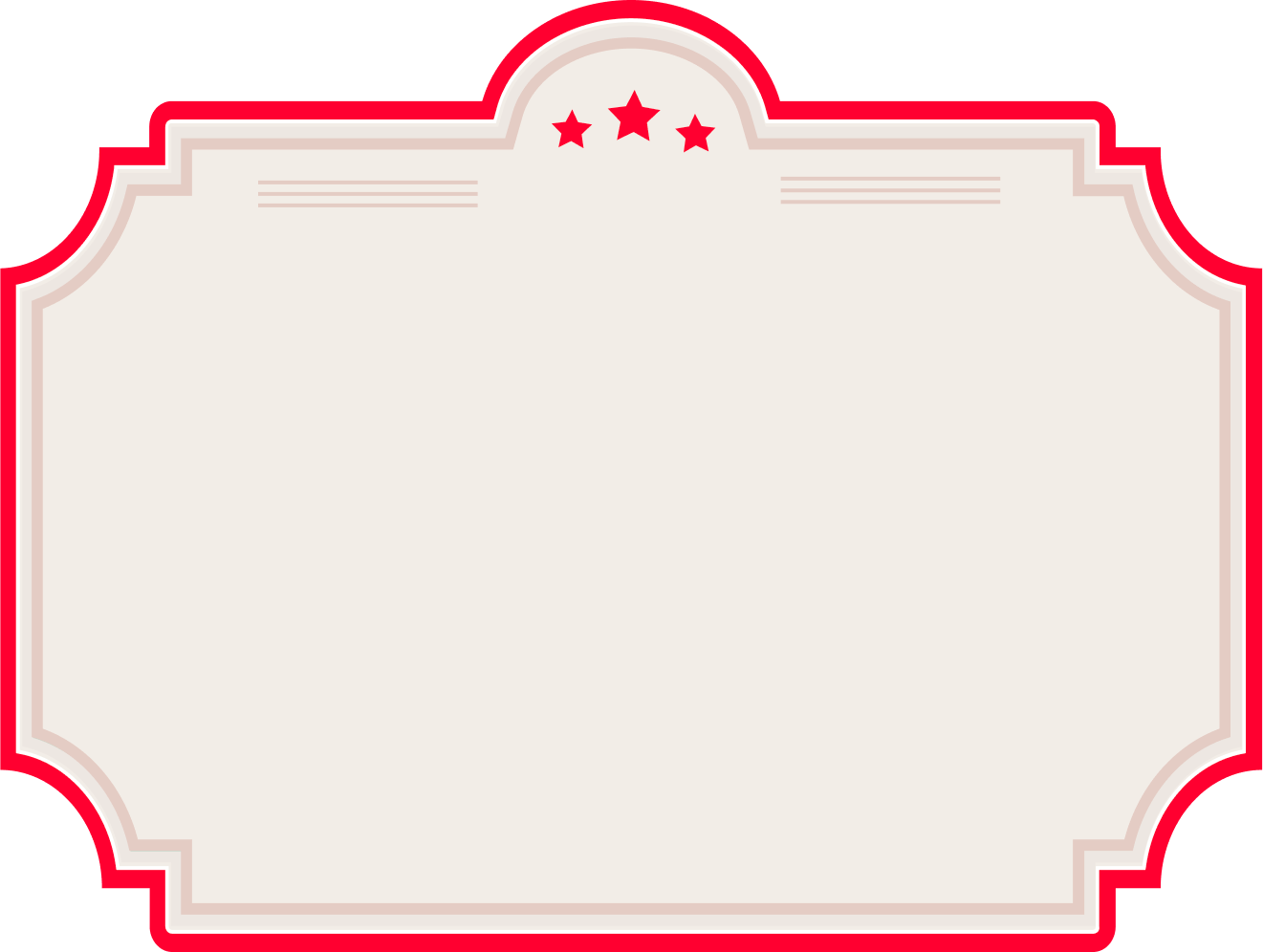





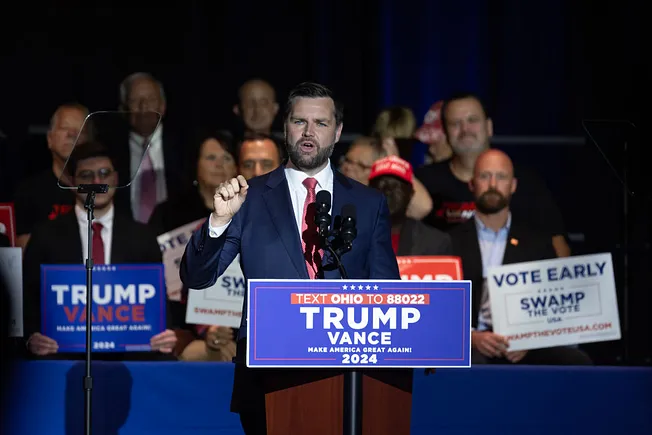
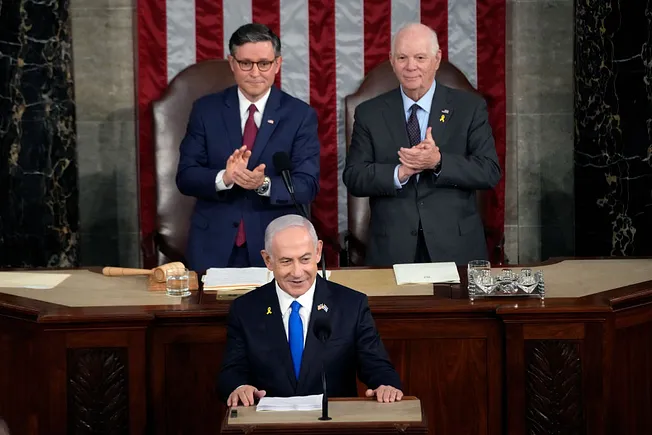
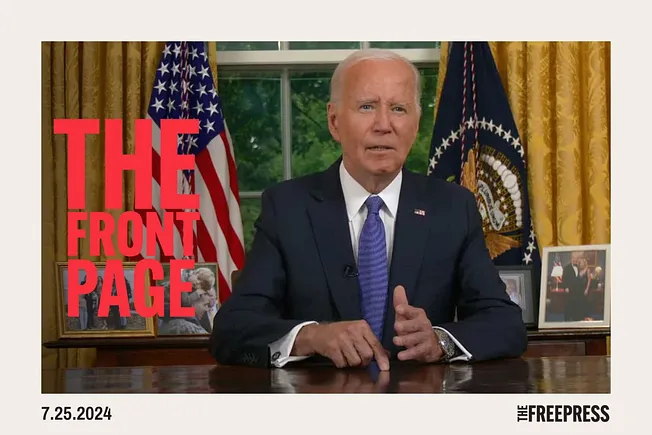
our Comments
Use common sense here: disagree, debate, but don't be a .